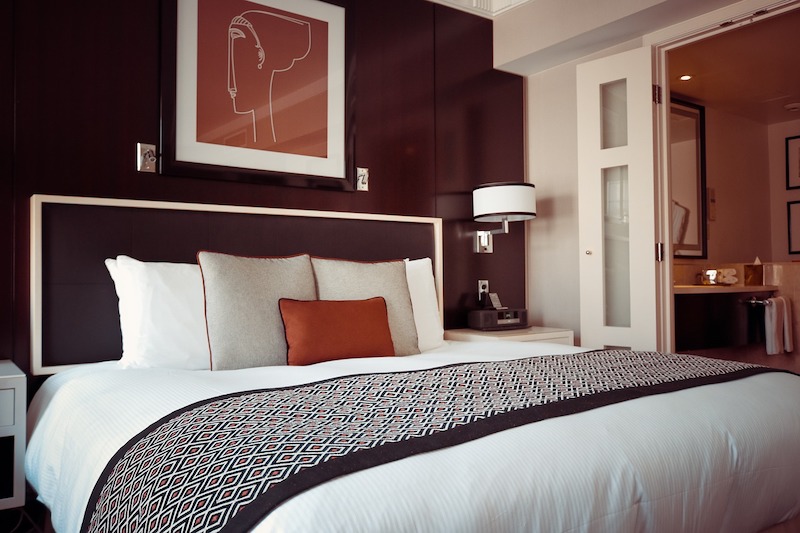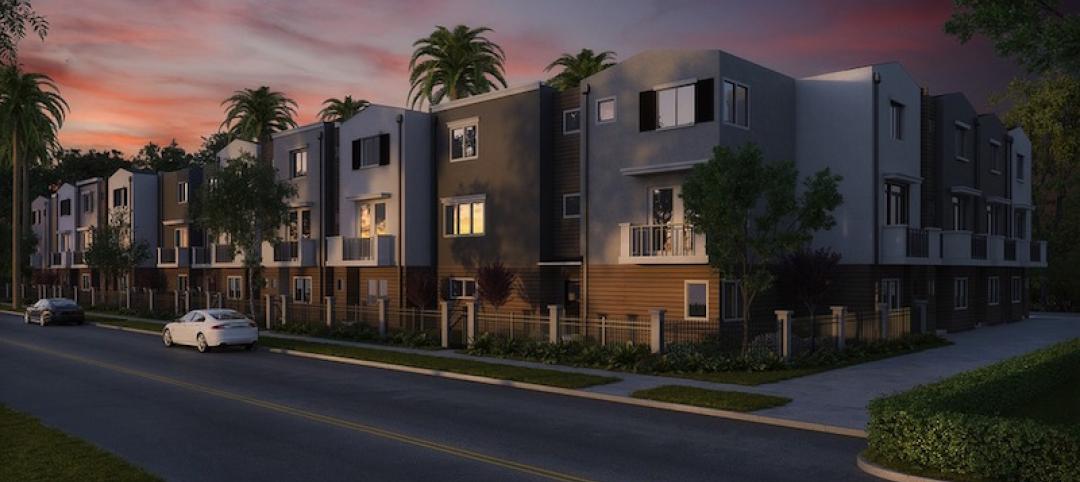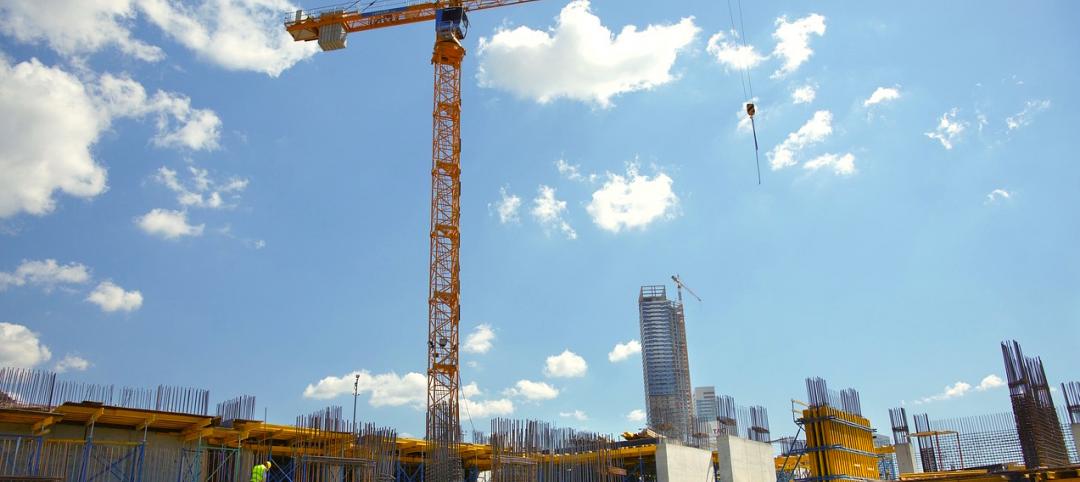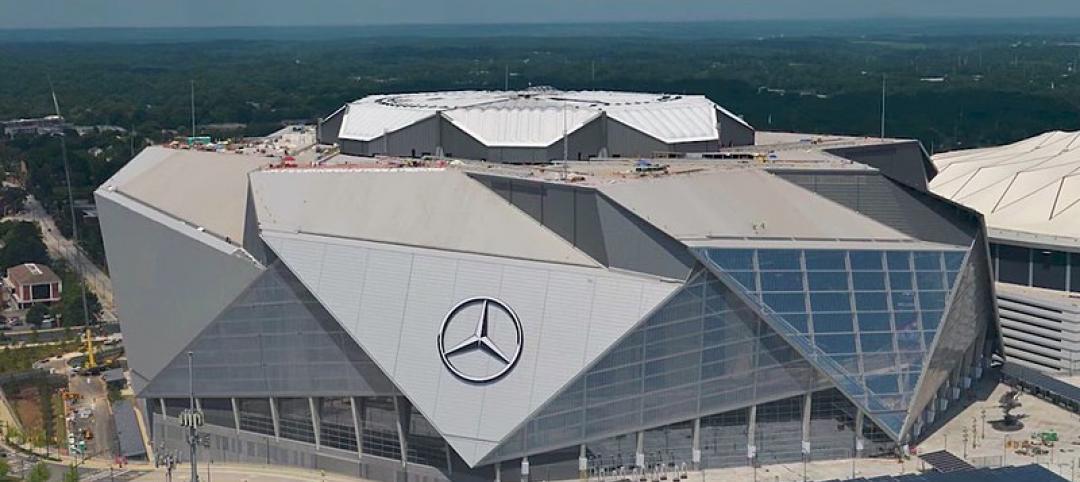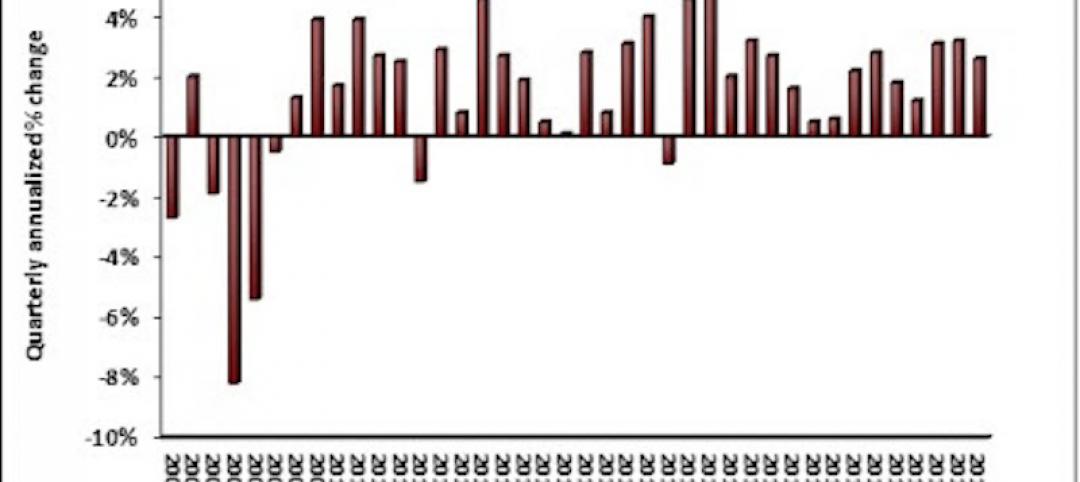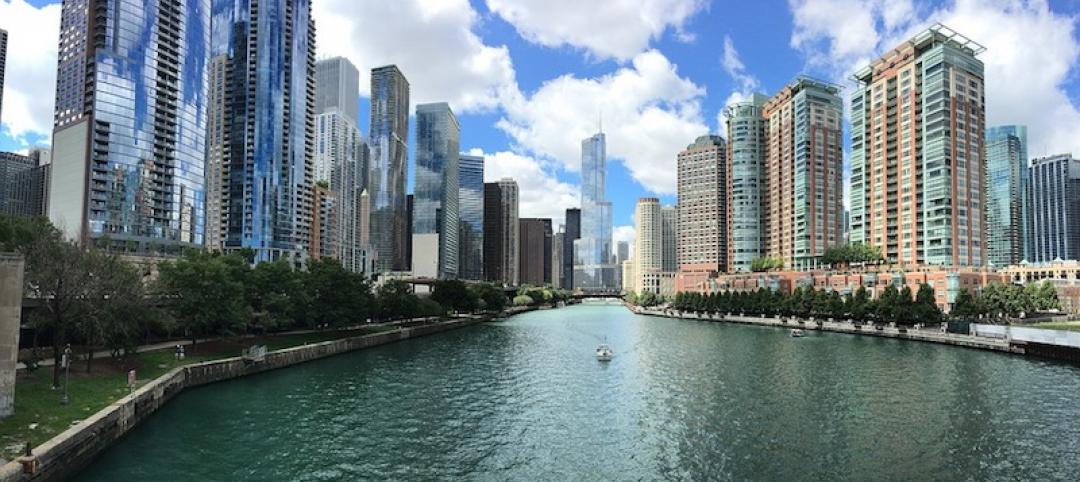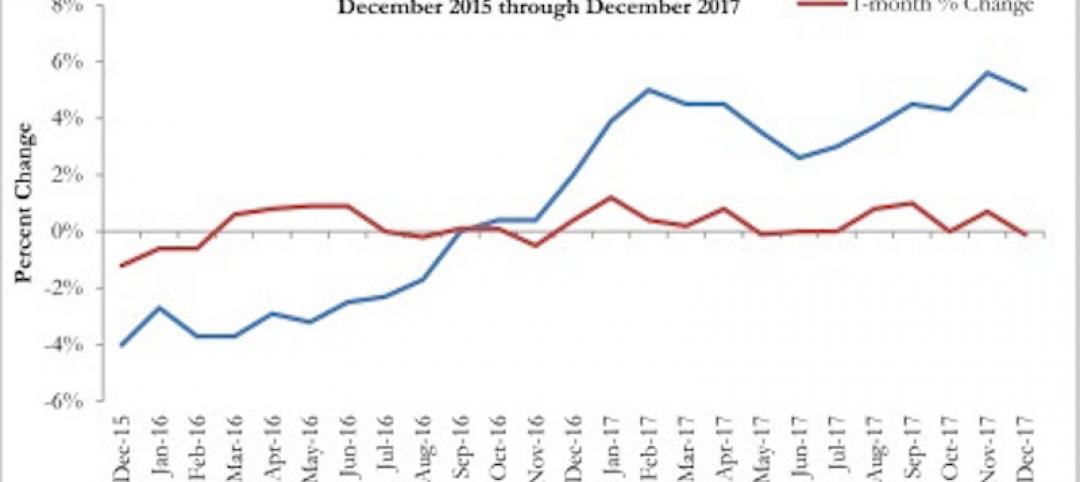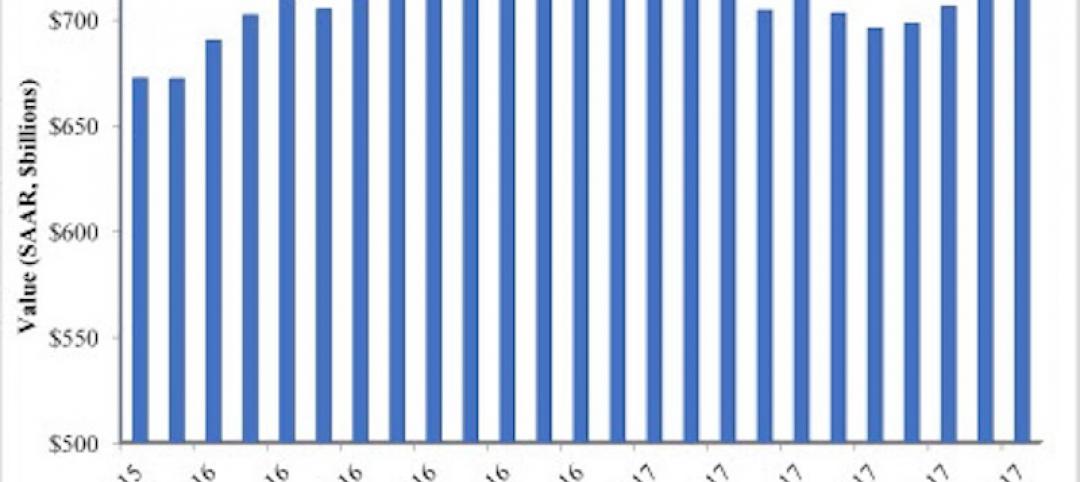In the recently released quarterly United States Construction Pipeline Trend Report from Lodging Econometrics (LE), the franchise companies with the largest construction pipelines at the end of the second quarter of 2020 are Marriott International with 1,487 projects/195,952 rooms, followed by Hilton Worldwide with 1,395 projects/160,078 rooms, and InterContinental Hotels Group (IHG) with 920 projects/94,499 rooms. Combined these three companies account for 68% of the projects in the total pipeline; roughly the same percentage as the Q1’20 close.
Hilton’s Home2 Suites and IHG’s Holiday Inn Express continue to be the most prominent brands in the U.S. pipeline with 415 projects/43,336 rooms and 371 projects/35,539 rooms, respectively. Hampton by Hilton follows with 304 projects/31,365 rooms and then Marriott’s Fairfield Inn with 302 projects/29,251 rooms. These four brands combined represent an impressive 25% of the projects in the total pipeline.
Other notable brands in the pipeline for each of these franchise companies are Tru by Hilton with 298 projects/28,863 rooms; Marriott’s Residence Inn with 208 projects/25,520 rooms, SpringHill Suites with 184 projects/20,842 rooms, and TownePlace Suites with 207 projects/20,802 rooms; and then IHG’s Avid Hotel with 189 projects/17,090 rooms.
In the second quarter of 2020, LE recorded 580 conversion projects/66,852 rooms. Of these conversion totals, Best Western dominates with 150 conversion projects/13,482 rooms, alone claiming 25% of the conversion pipeline by projects. Following Best Western is Marriott with 79 projects/13,721 rooms, Hilton has 69 projects/11,279 rooms, and IHG recorded 50 projects/5,382 rooms. Best Western and these three franchise companies combined account for 66% of all the rooms in the conversion pipeline across the United States.
In the first half of 2020, 313 new hotels with 36,992 rooms opened across the United States. Of those openings, Marriott, Hilton and IHG collectively opened 69% of the hotels. Marriott opened 90 hotels 11,036 rooms, Hilton opened 82 hotels/8,728 rooms, and IHG opened 44 hotels/4,190 rooms.
Related Stories
Multifamily Housing | Feb 15, 2018
United States ranks fourth for renter growth
Renters are on the rise in 21 of the 30 countries examined in RentCafé’s recent study.
Market Data | Feb 1, 2018
Nonresidential construction spending expanded 0.8% in December, brighter days ahead
“The tax cut will further bolster liquidity and confidence, which will ultimately translate into more construction starts and spending,” said ABC Chief Economist Anirban Basu.
Green | Jan 31, 2018
U.S. Green Building Council releases annual top 10 states for LEED green building per capita
Massachusetts tops the list for the second year; New York, Hawaii and Illinois showcase leadership in geographically diverse locations.
Industry Research | Jan 30, 2018
AIA’s Kermit Baker: Five signs of an impending upturn in construction spending
Tax reform implications and rebuilding from natural disasters are among the reasons AIA’s Chief Economist is optimistic for 2018 and 2019.
Market Data | Jan 30, 2018
AIA Consensus Forecast: 4.0% growth for nonresidential construction spending in 2018
The commercial office and retail sectors will lead the way in 2018, with a strong bounce back for education and healthcare.
Market Data | Jan 29, 2018
Year-end data show economy expanded in 2017; Fixed investment surged in fourth quarter
The economy expanded at an annual rate of 2.6% during the fourth quarter of 2017.
Market Data | Jan 25, 2018
Renters are the majority in 42 U.S. cities
Over the past 10 years, the number of renters has increased by 23 million.
Market Data | Jan 24, 2018
HomeUnion names the most and least affordable rental housing markets
Chicago tops the list as the most affordable U.S. metro, while Oakland, Calif., is the most expensive rental market.
Market Data | Jan 12, 2018
Construction input prices inch down in December, Up YOY despite low inflation
Energy prices have been more volatile lately.
Market Data | Jan 4, 2018
Nonresidential construction spending ticks higher in November, down year-over-year
Despite the month-over-month expansion, nonresidential spending fell 1.3 percent from November 2016.


